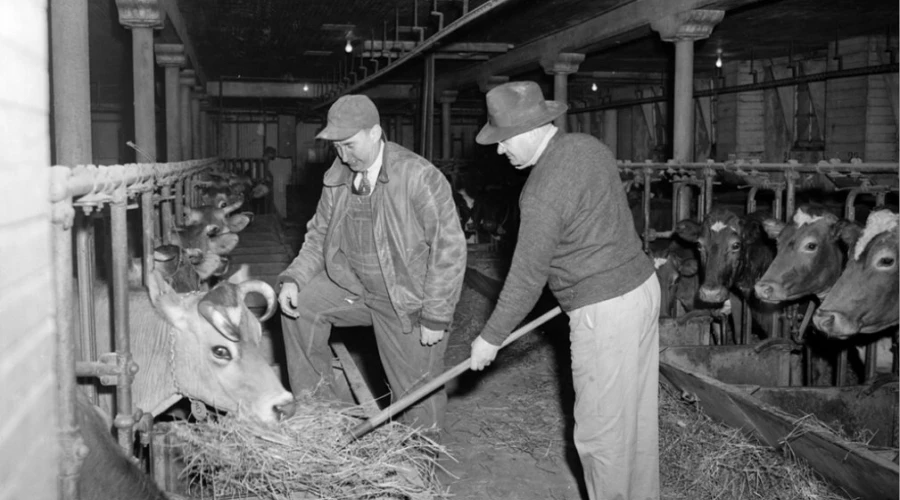We travel together, passengers on a little space ship, dependent upon its vulnerable reserves of air and soil, all committed for our safety to its security and peace, preserved from annihilation only by the care, the work, and I will say the love we give our fragile craft.
Promote liberal policies.
Adlai Stevenson's values were "liberal," meaning he favored progress and reform, the protection of civil liberties, and broad-minded tolerance of differences.
Stevenson was the leading voice of liberalism in America from 1952 to 1965. He was no ideal dreamer, but he believed in humankind's capacity for decency and compassion. And he believed that government could play an indispensable role in fostering decency and compassion between individuals and nations.
Related Article: Faith in Liberalism, Address to the Liberal Party.
Put ideas into action.
Adlai Stevenson believed people should be involved in society. Don't just talk — put your ideas to work in a manner consistent with your beliefs.
Whether in or out of government, Stevenson spent his adult life engaged in the issues of the day. He was not afraid to support controversial or unpopular ideas. He was one of the first political figures to dare criticize the anti-communist bullying of Senator Joseph McCarthy. He also remained a strong supporter of the UN, even when such views proved unpopular.
Related Article: Free Speech: A Duty — Lovejoy Historical Marker Dedication.
Reform government.
Adlai Stevenson believed government should be honest and democratic.
And when failing in these, it should be gradually reformed. During Stevenson's time, Illinois was known as one of the most corrupt states. Elected governor in 1948, he earned a national reputation as a reformer during his one term in office. He worked hard to remove politics from state hiring practices. He expanded the civil service system. He increased the professionalism of the state workforce.
Related Article: "Sir Galahad & the Pols," a Time magazine article about Adlai.
Promote education to sustain democracy.
To Stevenson, free and public education was the foundation of democracy, "the most American thing about America."
In his address to the Citizens' School Committee, Chicago, 1948, Stevenson said, "the most American thing about America is the free common school system." He believed education helped citizens make informed choices and be actively involved in their government. During the Cold War, he saw the promise of free and open education as one of the free market West’s great advantages over the communist East .
Related Article: 18th Anniversary of the Bloomington Unitarian Church.
Adlai’s son reflects on CARE.
My father cared about people, not in the abstract, but as human beings. His policies reflected his caring.
As Governor he pioneered measures to prohibit discrimination in housing and welfare and reformed Illinois ' deplorable mental institutions.
As Presidential candidate he proposed health care for the elderly, which led to Medicare. In international affairs he supported aid for the lesser developed countries and their suffering peoples.
Caring was reflected in his private life. Children of friends flocked to him for advice and encouragement because he shared it freely and happily. He cared about the young. Some were influenced by him to follow in public service.
On the campaign trail he was the bane of managers, always tarrying to talk and listen to people express their opinions and share their pains. With no hidden motives and self interests to promote, he could trust his instincts and be spontaneous.
The humor for which he was famous came naturally and spontaneously to a man who was always thinking about others.
— Adlai E. Stevenson III
